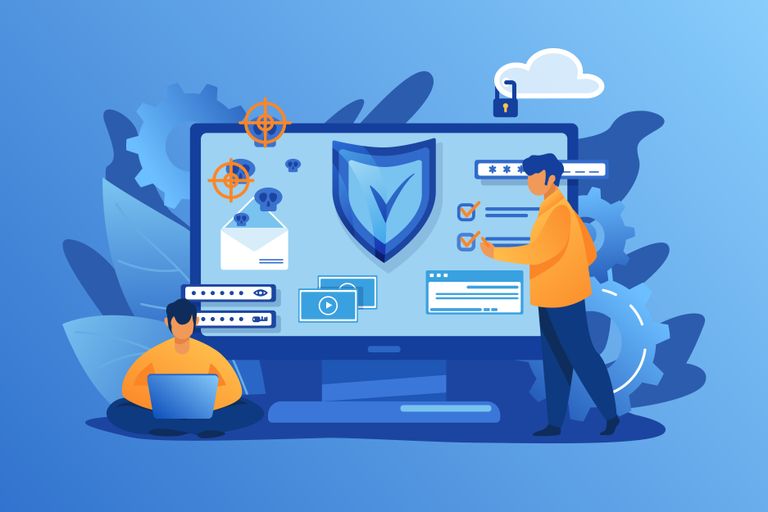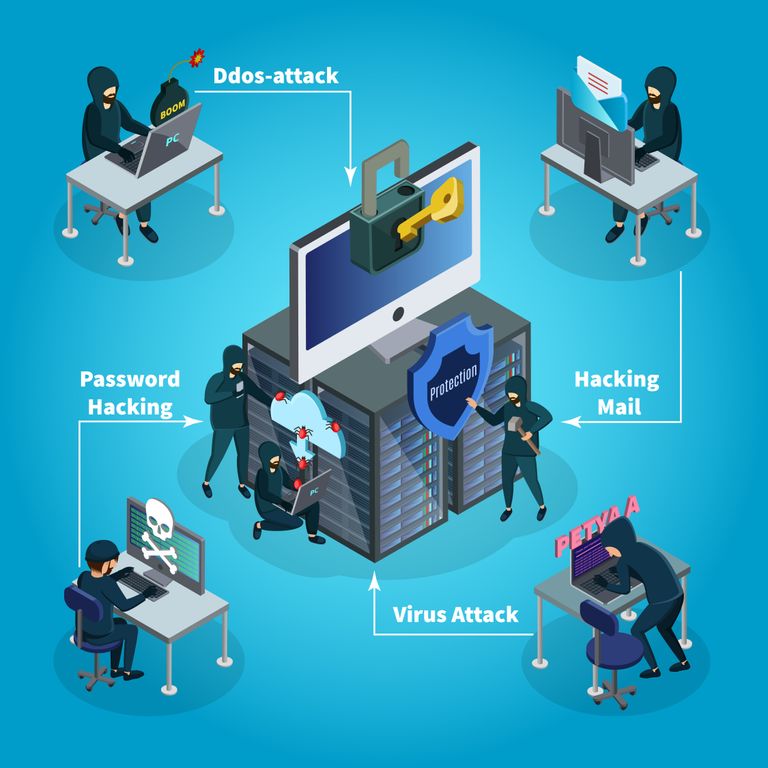With the continuous rise of cybercrimes worldwide, it has become mandatory for firms to employ tools to help harden and tighten their security. A firm security can still be hardened if all staff are doing what they are supposed to do even though that type of firm does not have enough security tools. However, this is not sustainable because humans will always be humans, and they will always look for ways to mess things up either intentionally or un[intentionally, hence the need for the use of tools to checkmate those errors.

To curtail the activities of people in an organisation, a policy is always in place to provide a clear guideline for its staff. Establishing a security policy is mandatory for any firm as it gives a high-level pitch of the security concept an organisation wants to attain. Also, policy assists with steering the organisation towards the right direction, provided it is done with the utmost attention and input from security professionals and top management. Having policies is great, but humans could default in actualizing a firm's security policy, hence the need to use tools, applications and systems to implement the guidelines set in the policy.
The downside is that this system could also have its own vulnerabilities, which threat actors could exploit. At times the wrong usage of these tools could open the firm to attacks from hackers and social engineers. Just one wrong move by the system administrator could lead to exploitation by hackers. Sometimes, due to how complicated a system or security tool might be, a firm might need to have a signed SLA with the Vendor of the tool. The SLA will explicitly state the Security responsibilities of both parties, i.e. the security responsibilities of the vendor and the firm engaging them.
In a case where the vendor takes full security responsibility for the tools, the firm will do little or nothing to ensure the safety of the tools. This is great for the firm as they will have to spend fewer resources and manpower on such tools. However, in cases where the security responsibilities are shared, the vendor and firm have a part to play. While the vendor could handle the system availability and functionality, the firm could handle the safety of their data on the tool and prevent hackers from accessing their data. It is usually in this case that VAPT is mostly important.

What is VAPT?
According to Astra, it explained VAPT is:
Vulnerability Assessment and Penetration Testing (VAPT) is a security testing method organisations use to test their applications and IT networks. A VAPT security audit is designed to test the overall security of a system by performing an in-depth security analysis of its various elements.
source
VAPT means Vulnerability Assessment and Penetration Testing. VA is a stand-alone term that is performed independently same as PA. Conducting a Vulnerability Assessment helps a firm search for a system's vulnerability and provides recommendations on how to close it. Conducting a vulnerability assessment is usually tools driven. This assessment search if a port is open or a password is not strong and could be hacked. It helps expose a lot of weak spots in the firm system, and the good thing about doing it is that the firm could make adjustments to the system based on the recommendation that most VA tools give to strengthen their security position.
Firms use penetration testing tools to test the security of the security measures. The importance of this is that it helps the firm further harden its security and also helps bring to light loopholes which hackers could exploit. Penetration testing helps to ensure that the system is safe and secure. A firm could gauge its security level with penetration as white hackers try to break into its system and application. This, in a way, creates a segregation of duty in the firm and ensures that security measures are thoroughly checked and tested.
So conducting a VAPT is a good thing to do for any firm that plans to keep the hackers at bay while trying to meet the demands of their customers. VAPT could be performed internally and also externally. Most times, firms outsource this responsibility to others, especially when the firm is short staff or does not have the resources to pull it off.
Greetings,
Also, keep in touch with Blurtconnect-ng family on Telegramand Whatsapp
Peace